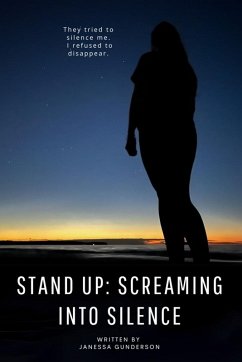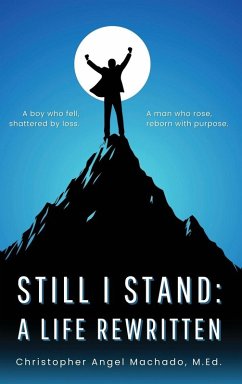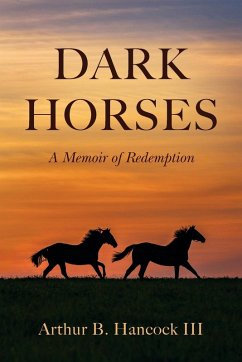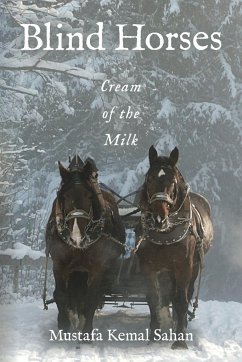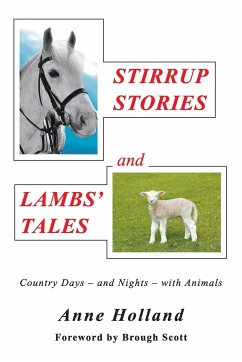
Stand To Your Horses
A story of the British South Africa Police of Southern Rhodesia
Versandkostenfrei!
Versandfertig in 1-2 Wochen
26,99 €
inkl. MwSt.

PAYBACK Punkte
13 °P sammeln!
Stanley Edwards joined the British South Africa Police as a Trooper in 1938 at a time when the B.S.A.P. was the first line of defence of Southern Rhodesia. Recruit training was military-orientated. When he retired from the B.S.A.P. in 1966 he was a Senior Assistant Commissioner having risen through the ranks to command Salisbury Province (the senior province) and become Chief Staff Officer to the Commissioner. In his service he experienced many changes; the period before World War II when long horse patrols were the norm and outstation conditions were primitive; during the War when police were...
Stanley Edwards joined the British South Africa Police as a Trooper in 1938 at a time when the B.S.A.P. was the first line of defence of Southern Rhodesia. Recruit training was military-orientated. When he retired from the B.S.A.P. in 1966 he was a Senior Assistant Commissioner having risen through the ranks to command Salisbury Province (the senior province) and become Chief Staff Officer to the Commissioner. In his service he experienced many changes; the period before World War II when long horse patrols were the norm and outstation conditions were primitive; during the War when police were stretched due to shortage of manpower; the creation of the Federation of Rhodesia and Nyasaland and the great changes which occurred in the Force as it moved to a more civilian role; through the rising tide of African Nationalism; Ian Smith's Unilateral Declaration of Independence and the first stirrings of what was to become the Rhodesian Bush War. This book, however, is not just about police matters. Stanley Edwards was a keen observer of people, personalities, African customs and the veld. He comments on characters in the bush and on farms; on district stations on which he served; on domestic arrangements at stations; on witchcraft, ritual sacrifice, African courts and justice; African languages (he had language and law qualifications which relatively few members had); on the important factors of the Rhodesian economy (gold, coal and tobacco); on botany and the various trees of the veld and their uses; on wild animals; with many tales of big game hunting in which he was involved; of the building of Kariba Dam and the ensuing problems with the tribespeople and animal rescue. To quote Chief Justice MacDonald in his foreword "this book, will, I feel sure become a valuable addition to existing Rhodesiana." The book has 310 pages and is profusely illustrated, both with drawings and photographs. Some of the drawings are the work of his wife, Patricia, whom he met at Banket and who supported him throughout his long life.





